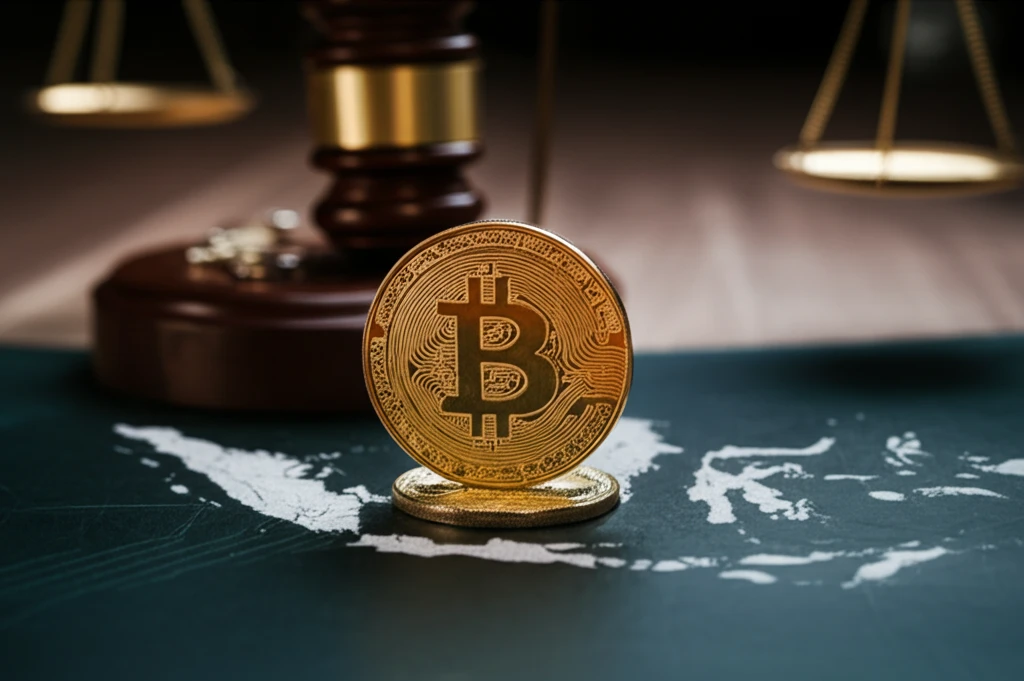
Bitcoin in Indonesia: Navigating the Legal Maze and Protecting Your Investments
"A comprehensive guide to understanding Bitcoin's legal status, investment security, and future potential in Indonesia's evolving financial landscape."
Bitcoin, the pioneering cryptocurrency, has captured global attention, presenting an intriguing alternative to traditional monetary systems. Its decentralized nature and potential to revolutionize payments have drawn investors worldwide, including Indonesia. However, the legal status of Bitcoin remains a complex and evolving issue, particularly in countries like Indonesia, where regulations are still developing.
In Indonesia, the legal framework surrounding Bitcoin is not yet clearly defined, leading to uncertainty among investors. While Bitcoin isn't officially recognized as legal tender, its use and trading are not explicitly prohibited. This ambiguity necessitates a thorough understanding of existing regulations and potential risks for anyone looking to invest in or utilize Bitcoin within the country.
This article aims to provide a clear and concise overview of the legal landscape surrounding Bitcoin in Indonesia. We will explore the current regulations, potential future developments, and practical steps investors can take to protect their investments in this rapidly changing environment. Whether you're a seasoned crypto enthusiast or just curious about Bitcoin's potential, this guide will equip you with the knowledge to navigate the Indonesian crypto market with confidence.
Decoding Bitcoin: What It Is and How It Works

Before diving into the legal intricacies, it's crucial to understand the fundamental nature of Bitcoin. Unlike traditional currencies issued and regulated by central banks, Bitcoin operates on a decentralized, peer-to-peer network known as a blockchain. This technology allows for secure and transparent transactions without the need for intermediaries.
- Decentralization: No single entity controls the Bitcoin network, making it resistant to censorship and manipulation.
- Transparency: All transactions are publicly recorded on the blockchain, although the identities of users remain pseudonymous.
- Security: Cryptographic techniques ensure the security and integrity of Bitcoin transactions.
- Limited Supply: The total number of Bitcoins is capped at 21 million, potentially making it a hedge against inflation.
The Future of Bitcoin in Indonesia: A Call for Progressive Regulation
As Bitcoin continues to gain traction in Indonesia, it's imperative for regulators to adopt a proactive and balanced approach. This involves enacting clear and comprehensive regulations that promote innovation while safeguarding investors from potential risks. Licensing requirements for Bitcoin exchanges and service providers, coupled with robust consumer protection measures, are crucial steps in fostering a healthy and sustainable crypto ecosystem. By embracing a progressive regulatory framework, Indonesia can harness the transformative potential of Bitcoin and position itself as a leader in the digital economy.
